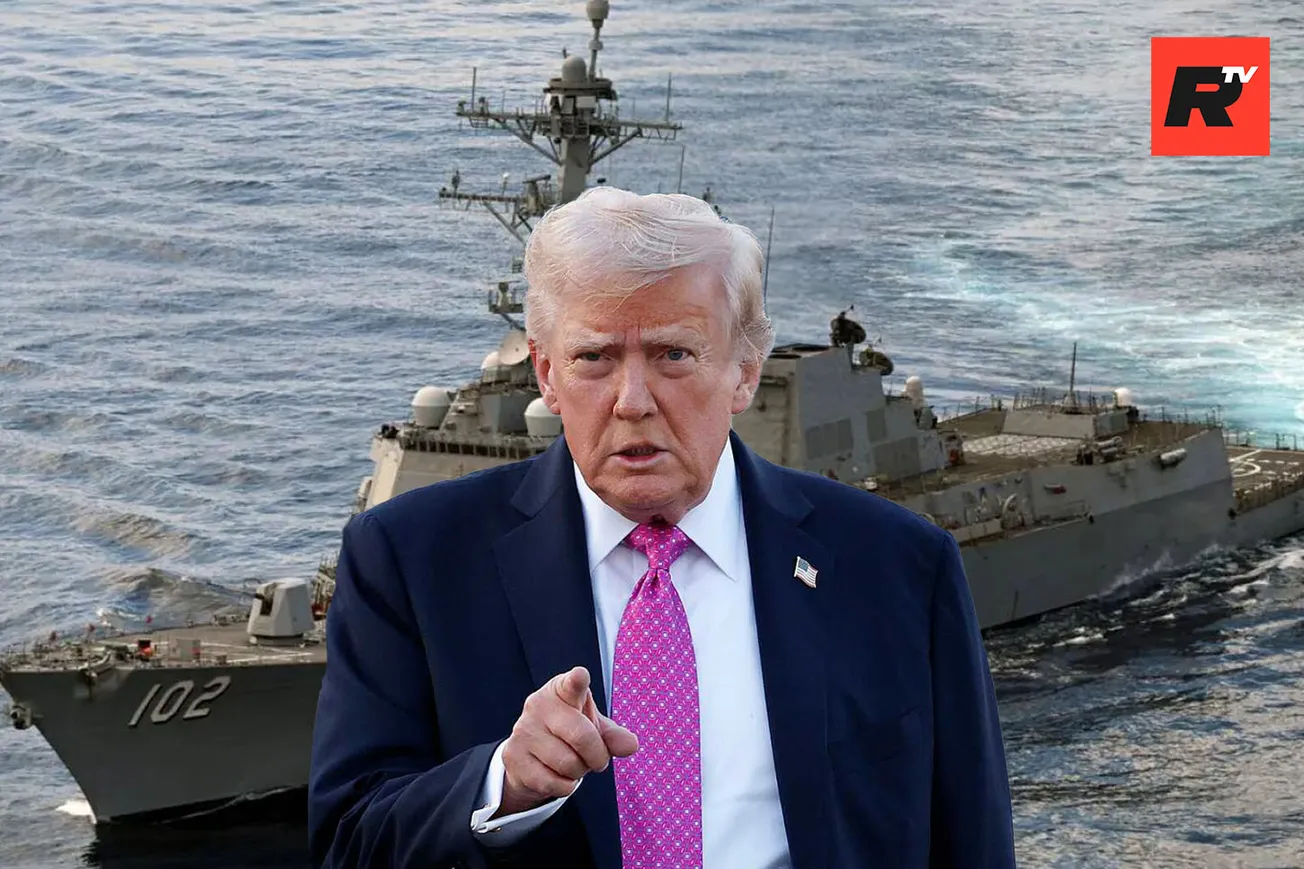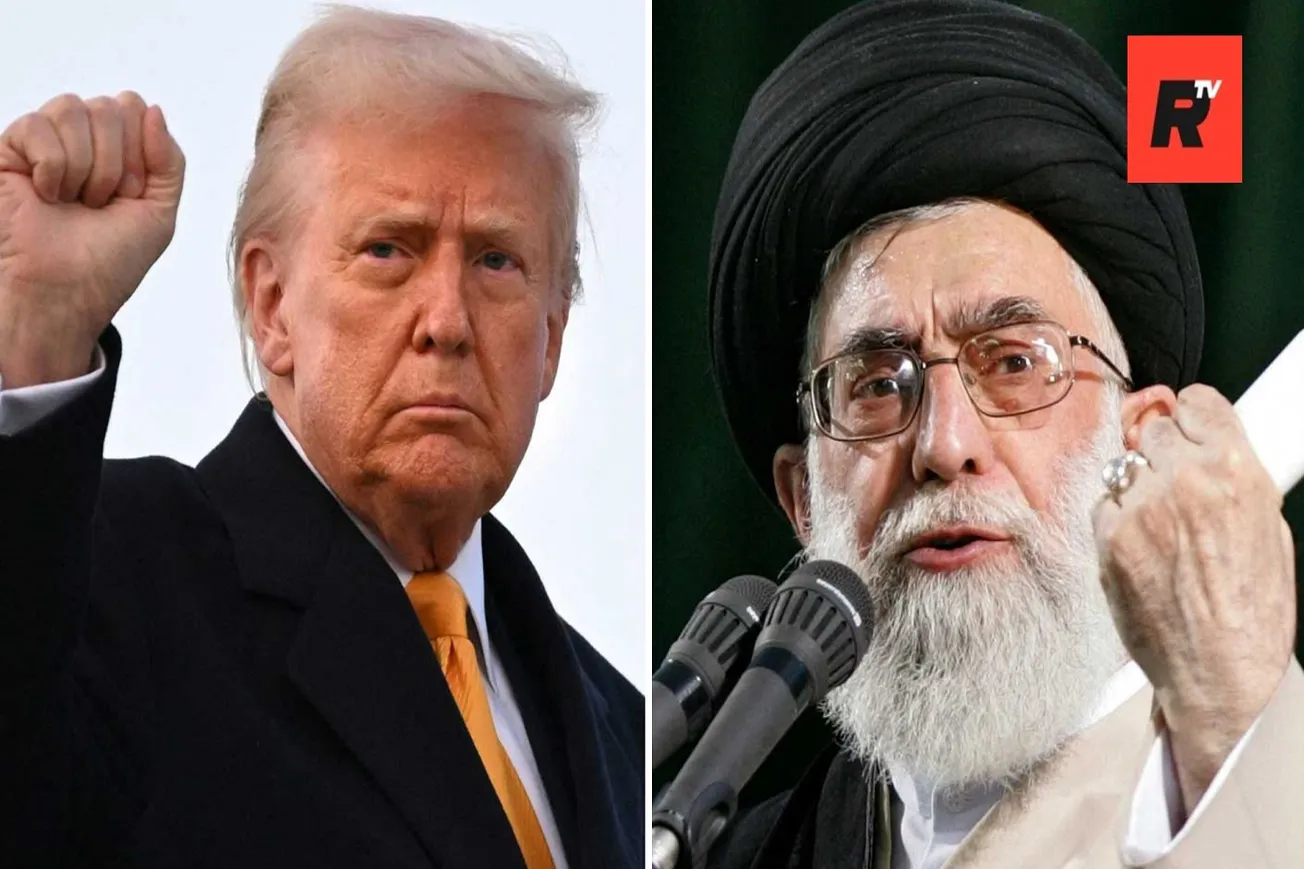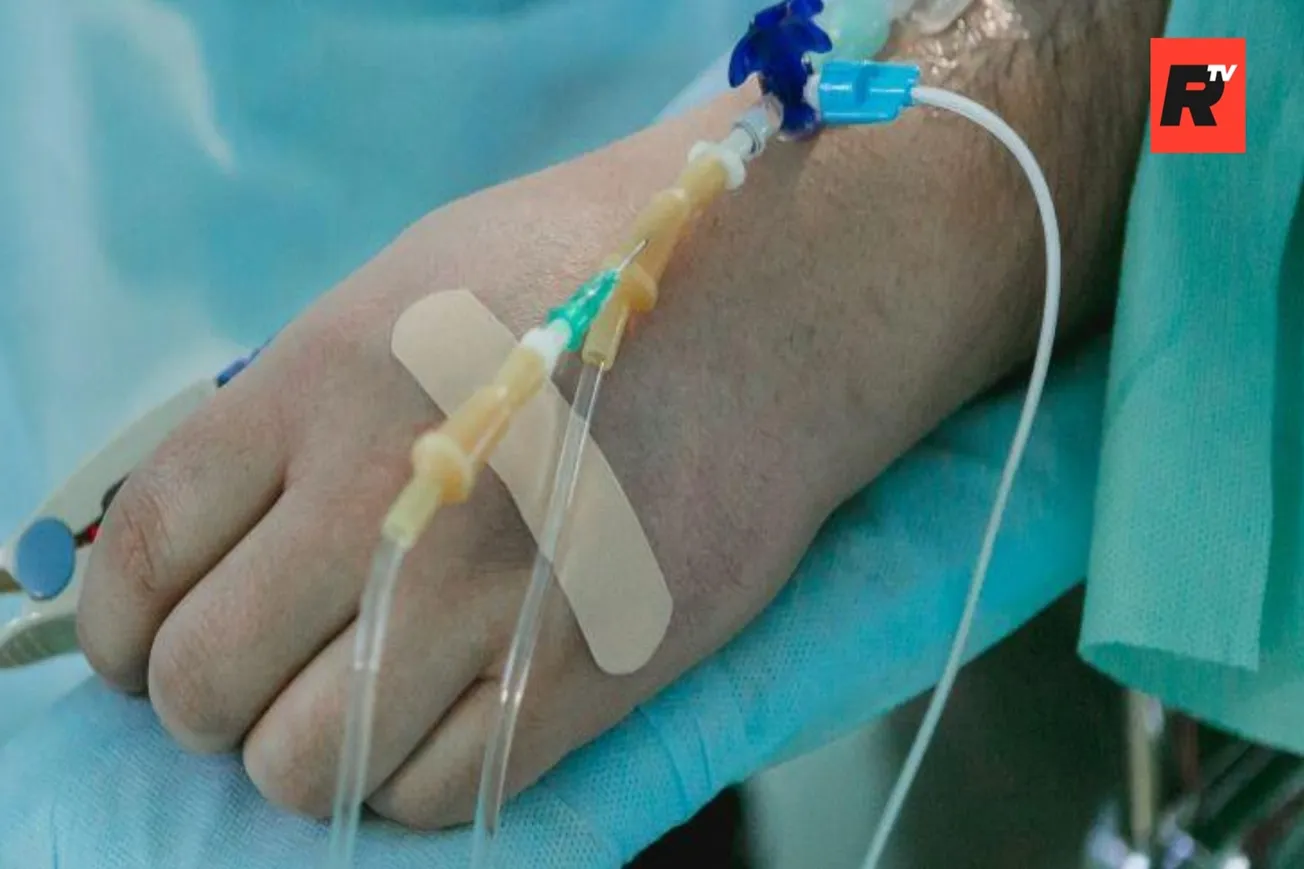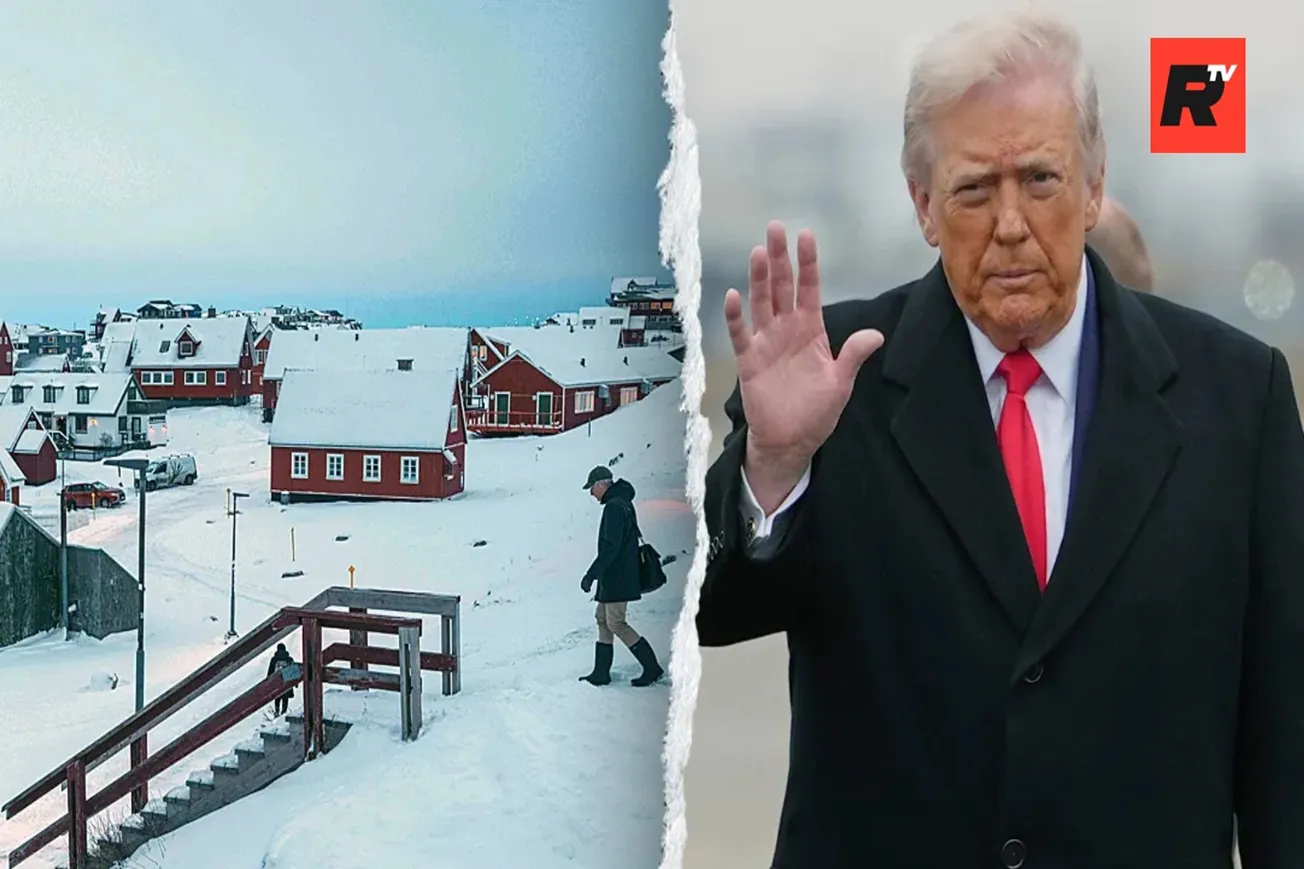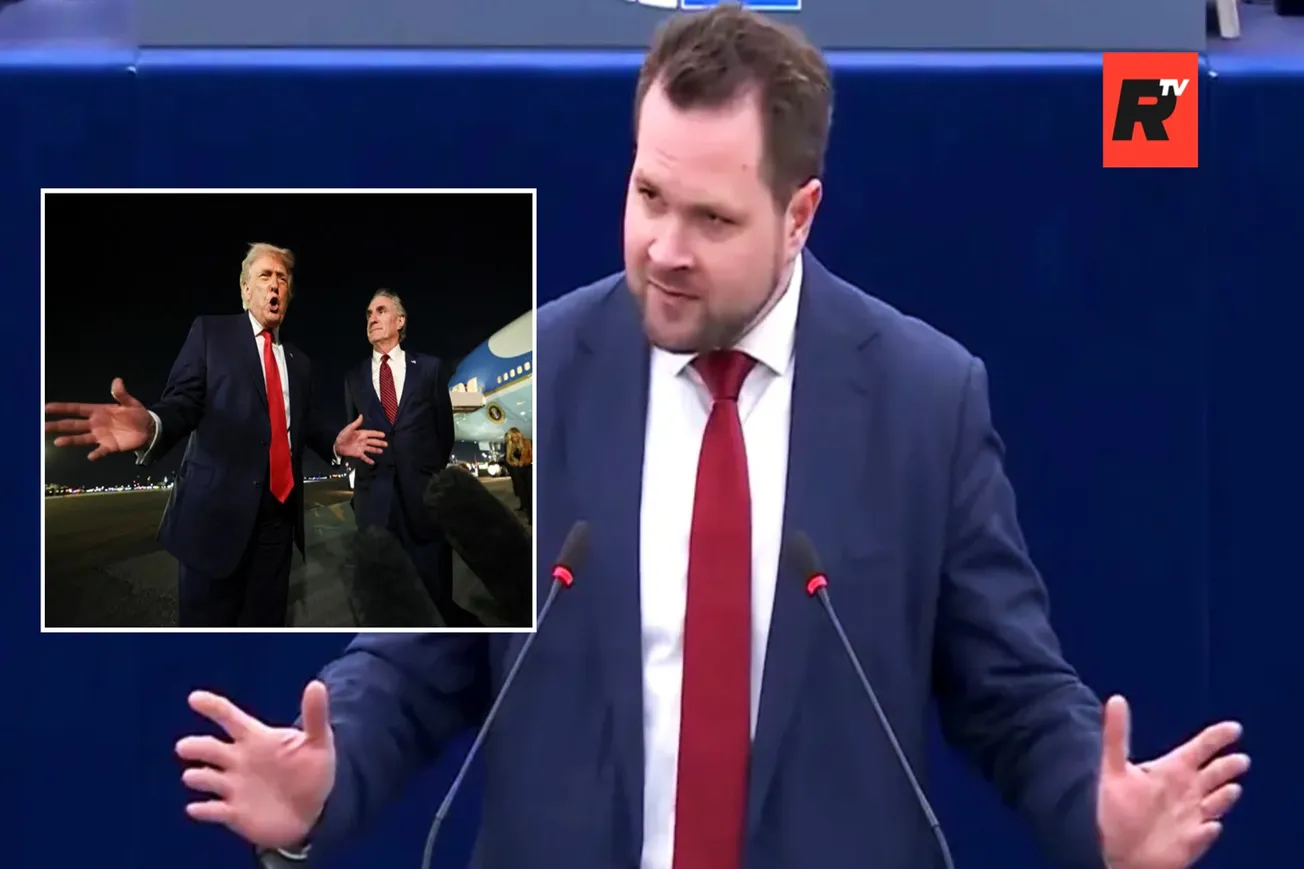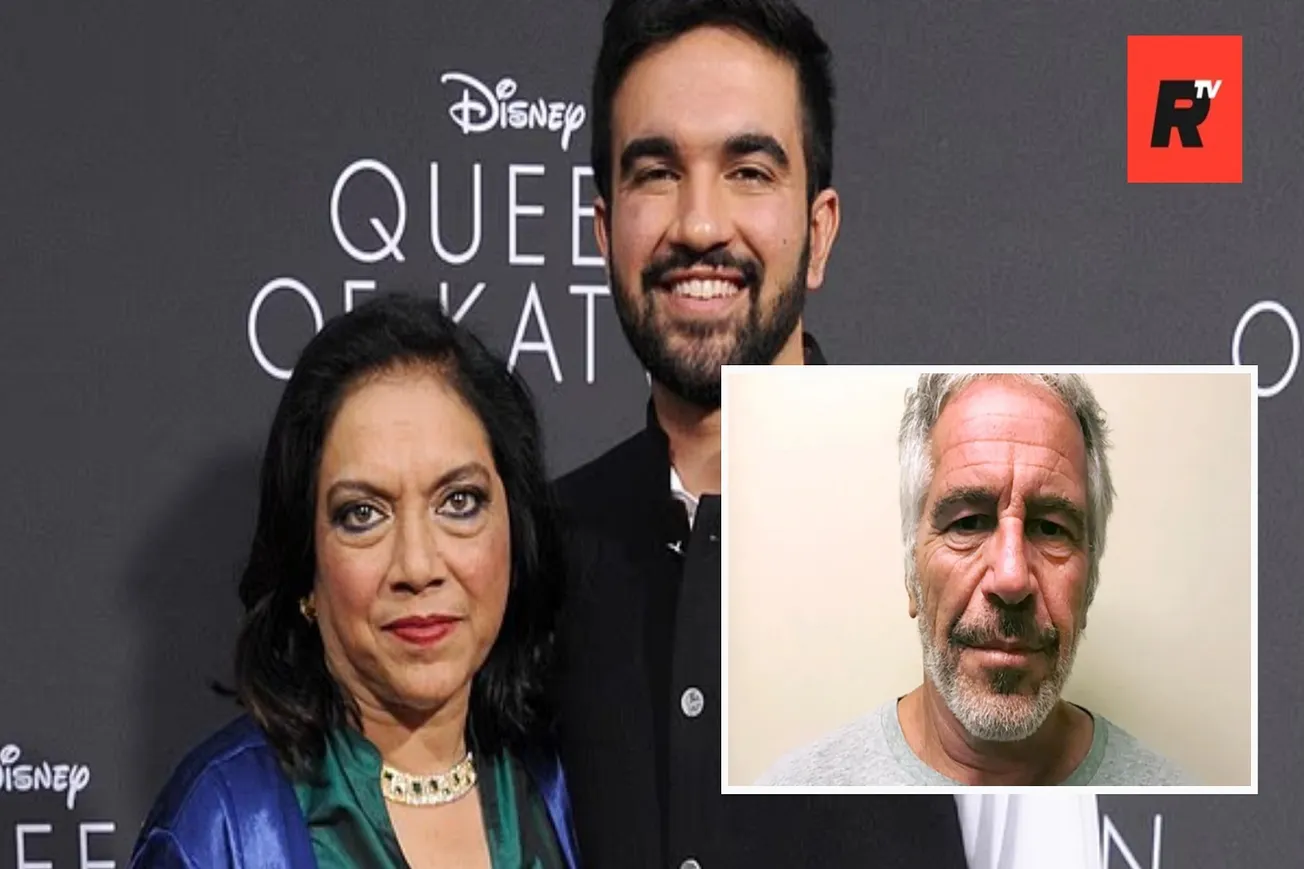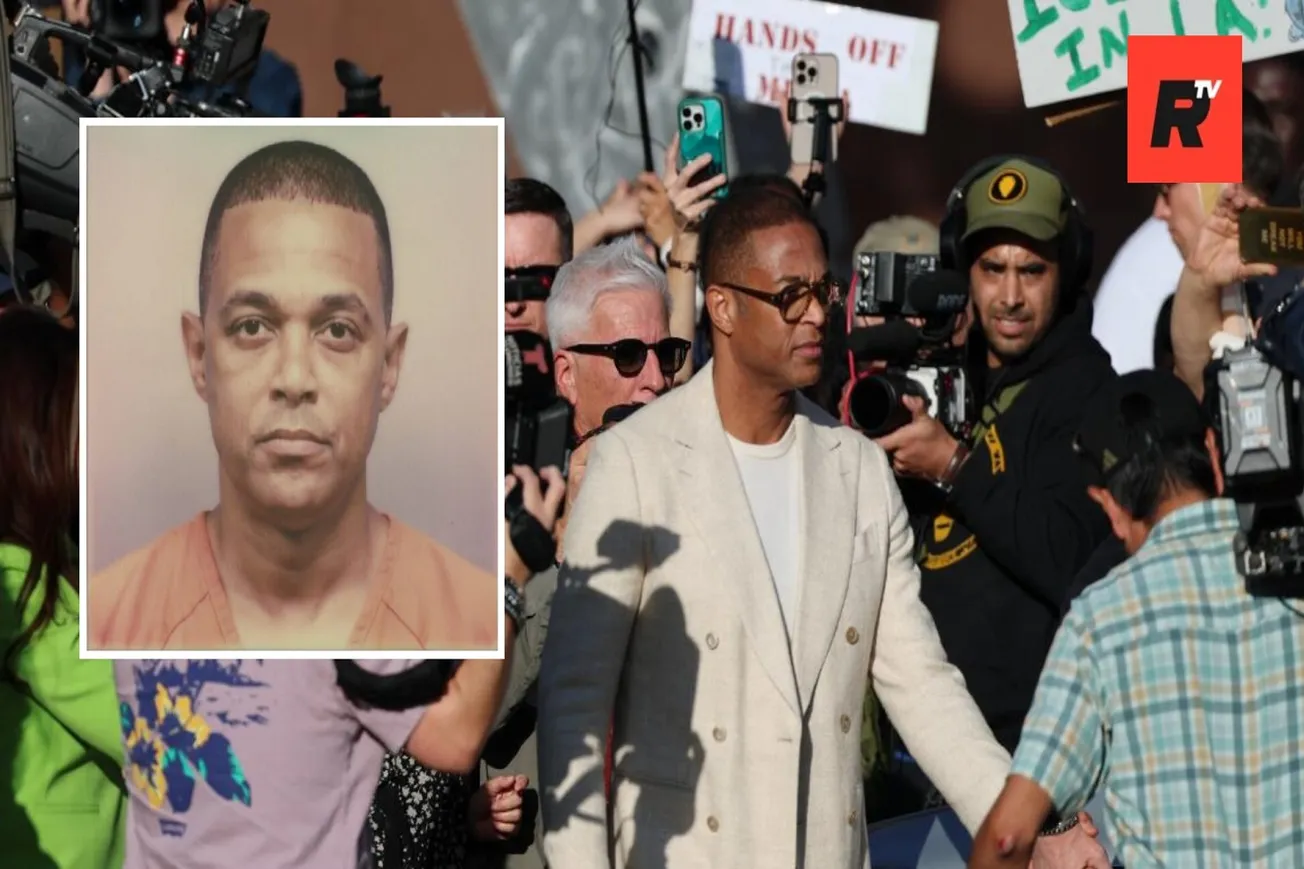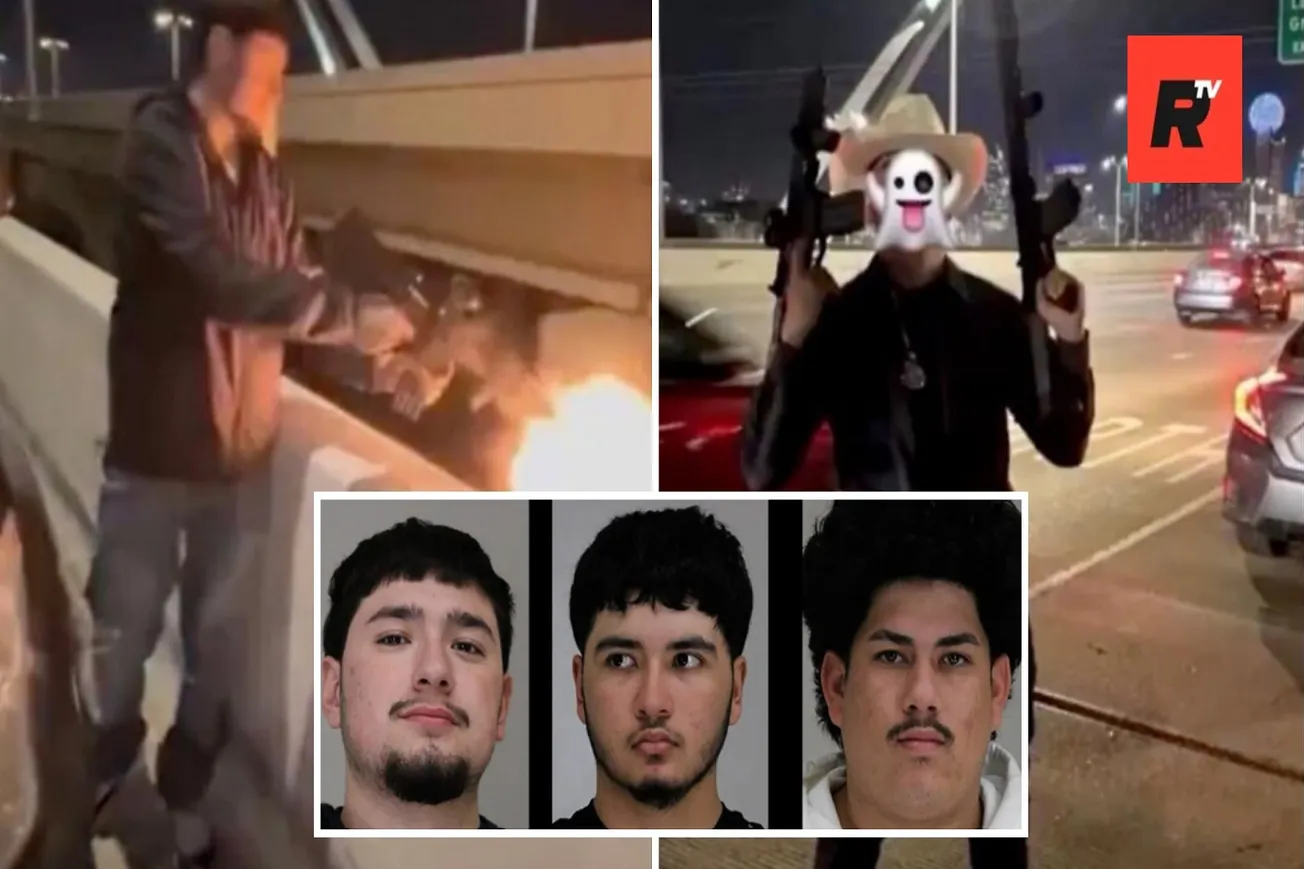Table of Contents
The Trump administration has taken extensive measures to wage its latest “war on drugs.” In September, the campaign’s focus abruptly shifted — away from the traditional Mexican and South American cartels and toward Venezuela. This pivot marked the start of what U.S. officials now refer to as a new “armed conflict.”
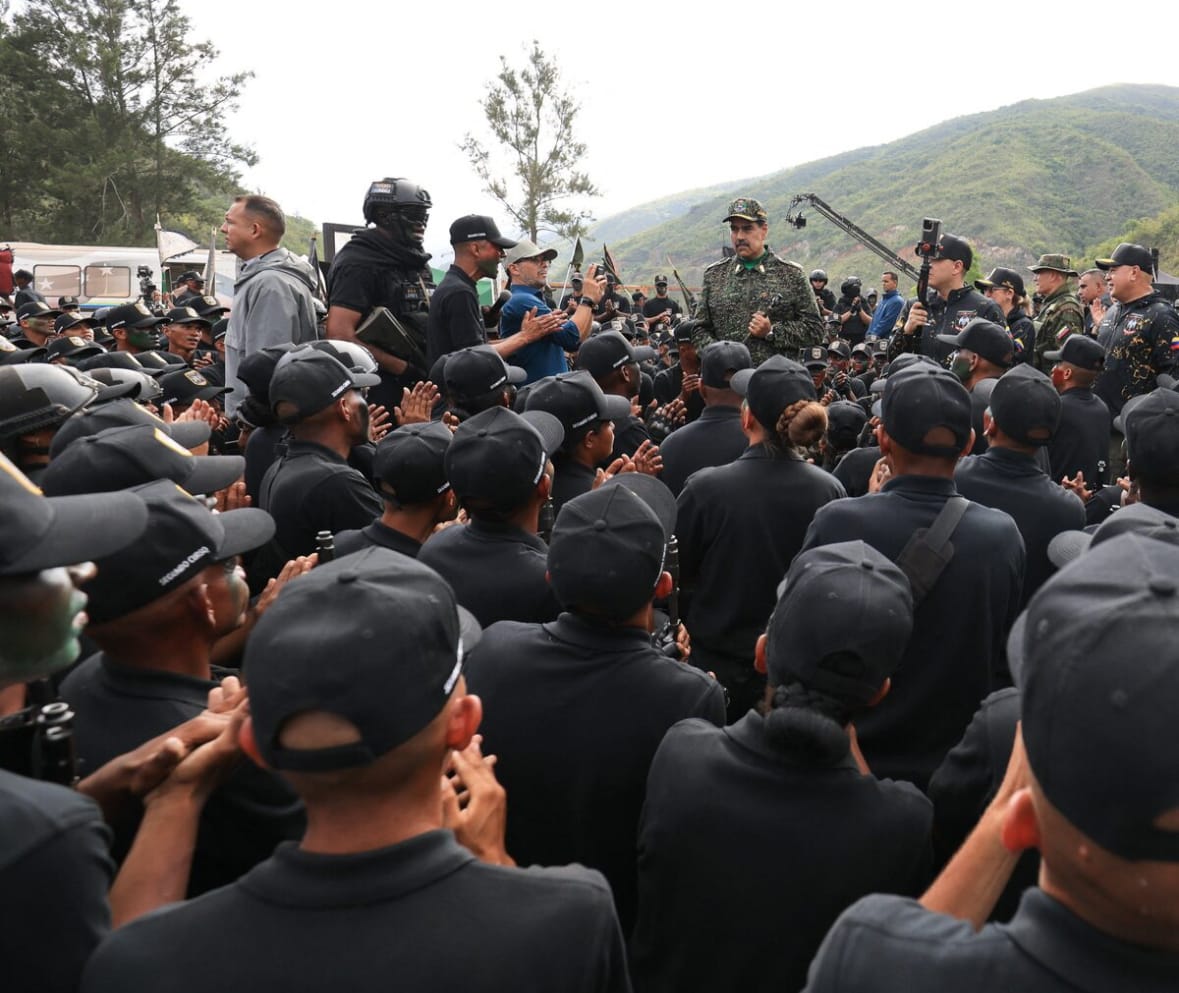
Yet this sudden escalation raises a serious question: Why Venezuela?
Fentanyl does not come from Venezuela. Meth does not come from Venezuela. Cocaine does not come from Venezuela.
In fact, the vast majority of narcotics entering the United States are neither produced in nor trafficked through Venezuela.
What is clear, however, is that President Trump has long sought regime change in Caracas.
• 2017: Trump declares he will “not rule out a military option” to address Venezuela’s deepening crisis.
• 2019: Amid the Venezuelan presidential standoff, he again calls U.S. military intervention “an option.”
• 2020: Senator Marco Rubio privately urges an invasion of Venezuela during White House meetings.
• 2024: Rubio — a longtime advocate of intervention — is appointed Secretary of State.
• 2025: U.S. warships deploy off the Venezuelan coast under the pretext of combating drug cartels. In response, Maduro mobilizes the Bolivar Militia, and Russia sends Wagner forces to assist.
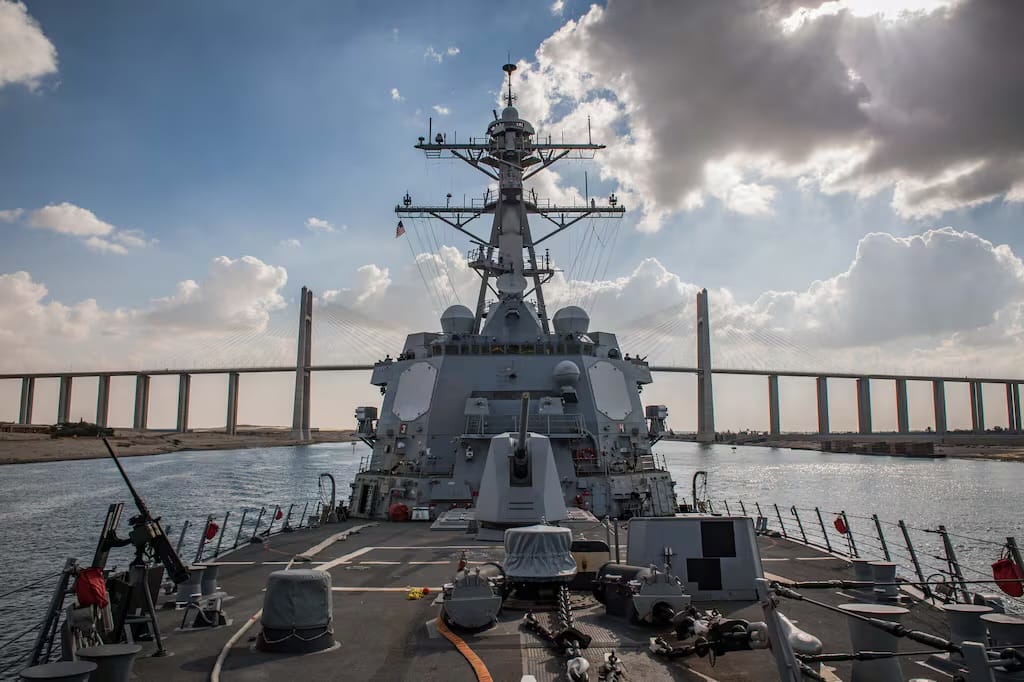
Beneath the stated goal of countering narcotics, the campaign appears to serve a broader geopolitical purpose. Venezuela poses no major drug threat to the United States — but it does represent a key foothold for adversarial powers like Russia, Iran and China.
By targeting Venezuelan cartels and supply routes, Washington may be less interested in drugs than in destabilizing Nicolás Maduro’s regime and undermining his legitimacy at home. Thus utilizing this "war on drugs" as a line of effort for regime change in order to combat greater adversarial powers.
In this short series, we examine Venezuela’s role in the 2020 U.S. election, the unraveling of a failed regime-change operation that left a decorated U.S. soldier betrayed and in trail, and Maduro’s growing ties to America’s foreign adversaries.

